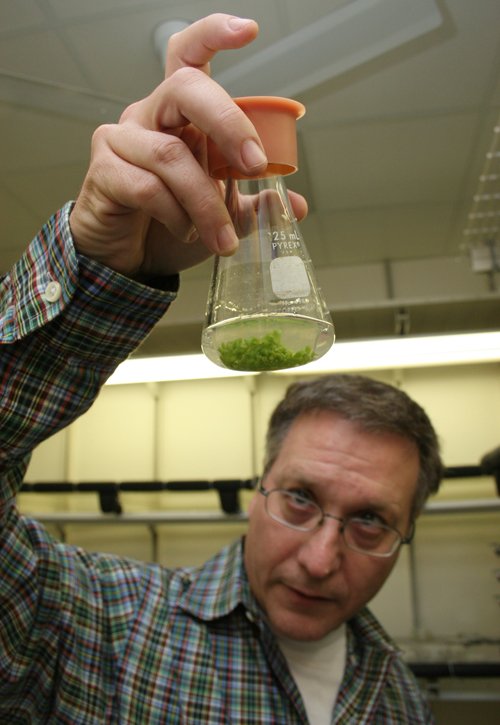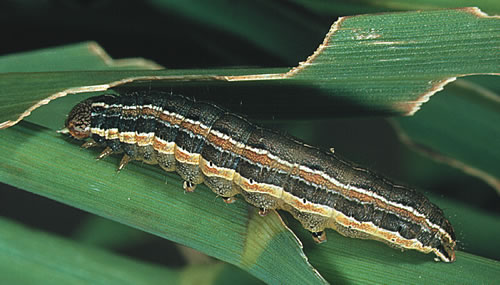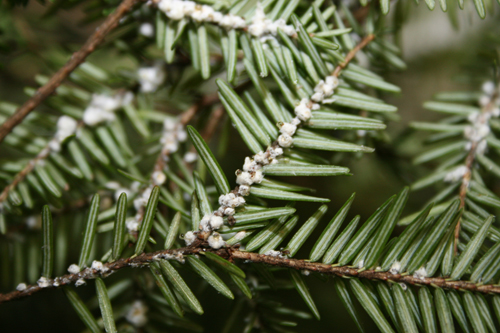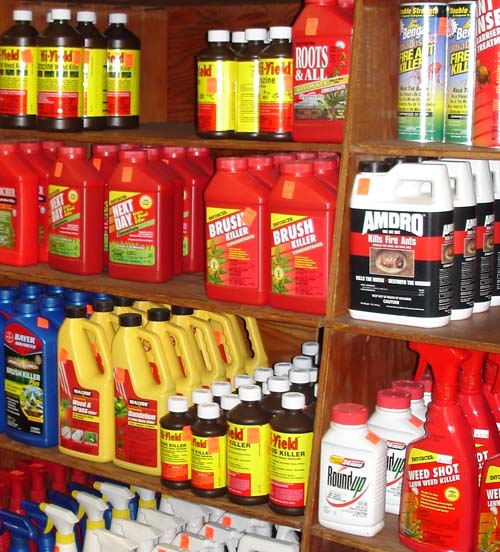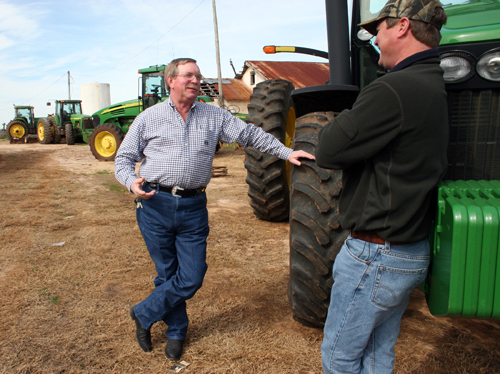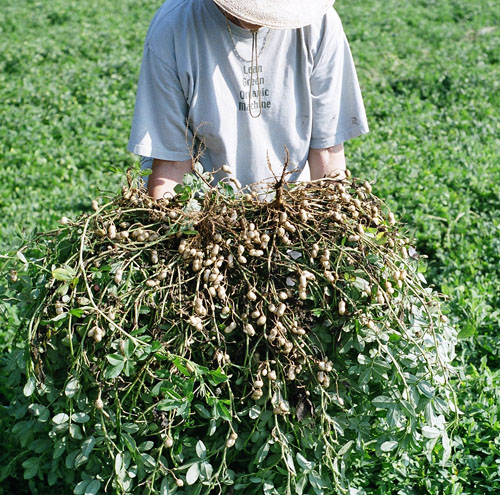 CAES News
CAES News
Tougher peanuts
University of Georgia researchers studying organic peanut production and researchers with the USDA’s Agricultural Research Service have found ways to reduce the amount of fertilizer and pesticides used in traditional peanut farming operations.

